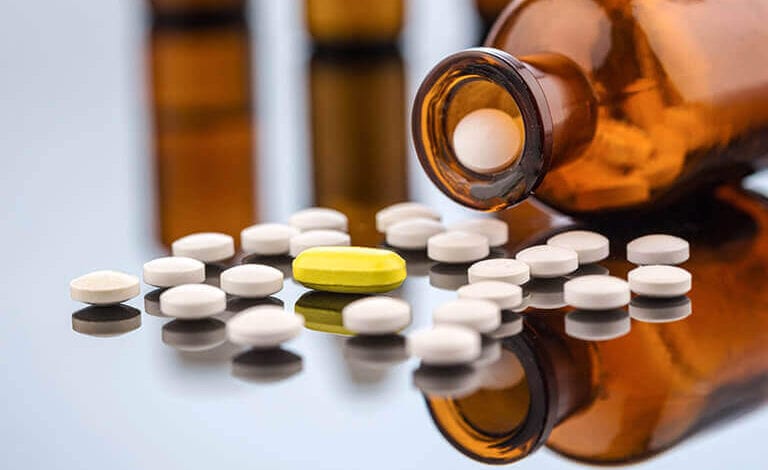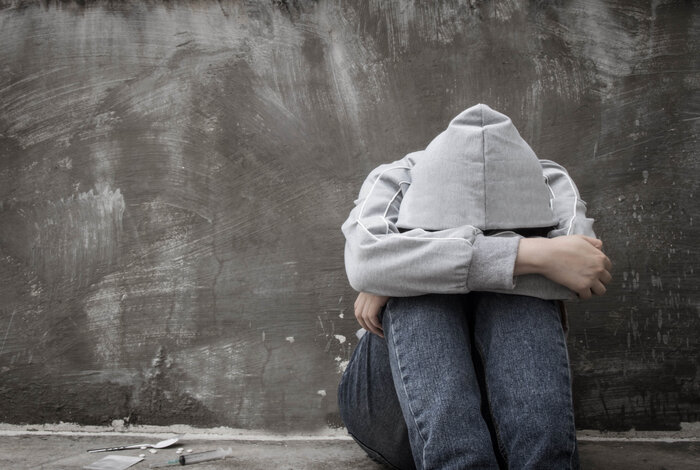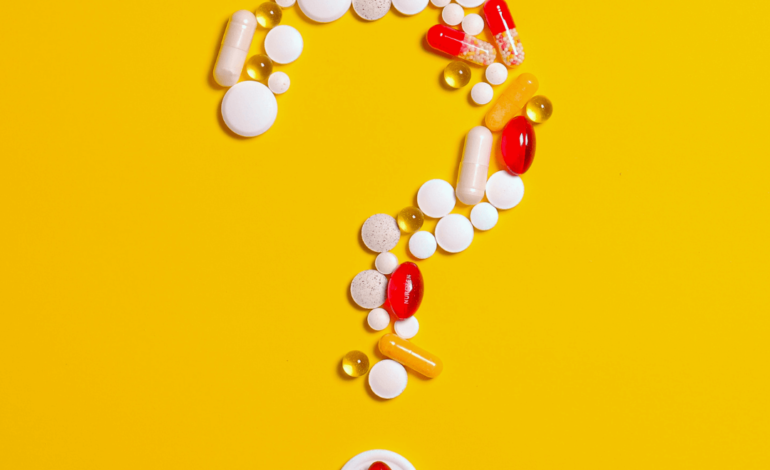Teenagers can be demanding and challenging for many parents. This age group is often struggling to discover their true identity while juggling how to fit in with their peer group and gaining independence from their parents. Raging hormones, impulsive behaviors, and challenging authority are all pretty normal in the teenage phase however it is important to understand what differentiates abnormal behavior from normal teenager behavior.
Substance abuse is rampant amongst the teenage and adolescent populations and this behavior can result in trouble with the law and a decline in academic performance, among other things. Statistics have shown that 50 percent of high school students will have taken an illegal drug and 20 percent will have used a prescription medication for a nonmedical purpose by the time they have reached their senior year. Marijuana and prescription medications such as opiates and benzodiazepines are the most commonly abused drugs among teenagers and adolescents. As a parent, it can be very scary to learn that your teenager is experimenting with drugs, or worse is addicted to drugs.
Physical signs of drug use/drug abuse
Eyes that are bloodshot or pupils that are smaller or larger than normal.
Frequent nosebleeds could be related to snorted drugs (meth or cocaine).
Changes in appetite or sleep patterns. Sudden weight loss or weight gain.
Seizures without a history of epilepsy.
Deterioration in personal grooming or physical appearance.
Impaired coordination, injuries/accidents/bruises that they can’t/won’t explain.
Unusual smells on breath, body, or clothing.
Shakes, tremors, incoherent or slurred speech, impaired or unstable coordination.
Behavioral signs of drug use/abuse
Truancy
Decline in academic performance
Missing money, valuables, prescription or prescription drugs, borrowing and stealing money.
Acting isolated, silent, withdrawn, engaging in secretive or suspicious behaviors
Sudden change in relationships, friends, favorite hangouts, and hobbies.
Frequently getting into trouble (arguments, fights, accidents, illegal activities).
Clashes with family values and beliefs.
Demanding more privacy, locking doors, and avoiding eye contact.
Psychological warning signs of drug use/drug abuse
Unexplained, confusing change in personality or attitude.
Sudden mood changes, irritability, and angry outbursts
Periods of unusual hyperactivity or agitation.
Lack of motivation; inability to focus, appears lethargic or “spaced out.”
Appears fearful, withdrawn, anxious, or paranoid, with no apparent reason.
From substance abuse to depression
Drugs and alcohol are chemicals that affect how the brain works by altering the brain chemistry (neurotransmitters). Dopamine and serotonin are two major neurotransmitters that are altered in substance abuse and both of these brain chemicals are known to affect emotional and mental functioning and can lead to a mood or anxiety disorder. For some teens, the road from drugs and alcohol to depression is simply a matter of physical imbalance in the brain. Additionally, if a teenager is using drugs they may have feelings of guilt associated with drug use, which can lead to anxiety and depression or if a teen is already slightly depressed and begins using drugs they can become more depressed to the point that it is a clinical mental health disorder.
Breaking boundaries
If you suspect that your teenage son or daughter is using drugs you can either have a conversation with them and explain your concerns or you can gather evidence to support your suspicion. Gathering evidence usually can create conflict because you may be overstepping boundaries into their personal space, however, you are still their parent. Searching their room, backpack, and car for signs of drug paraphilia, excessive amounts of eye drops or cologne can potentially lead you to concrete clues that they are using drugs, however, be prepared to explain why you crossed these boundaries as more than likely, your teenager is not going to be happy.
24/7 ADMISSION HELPLINE 888-629-6707




